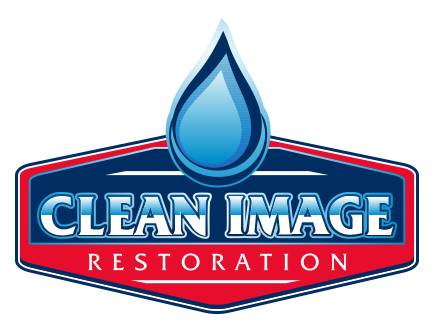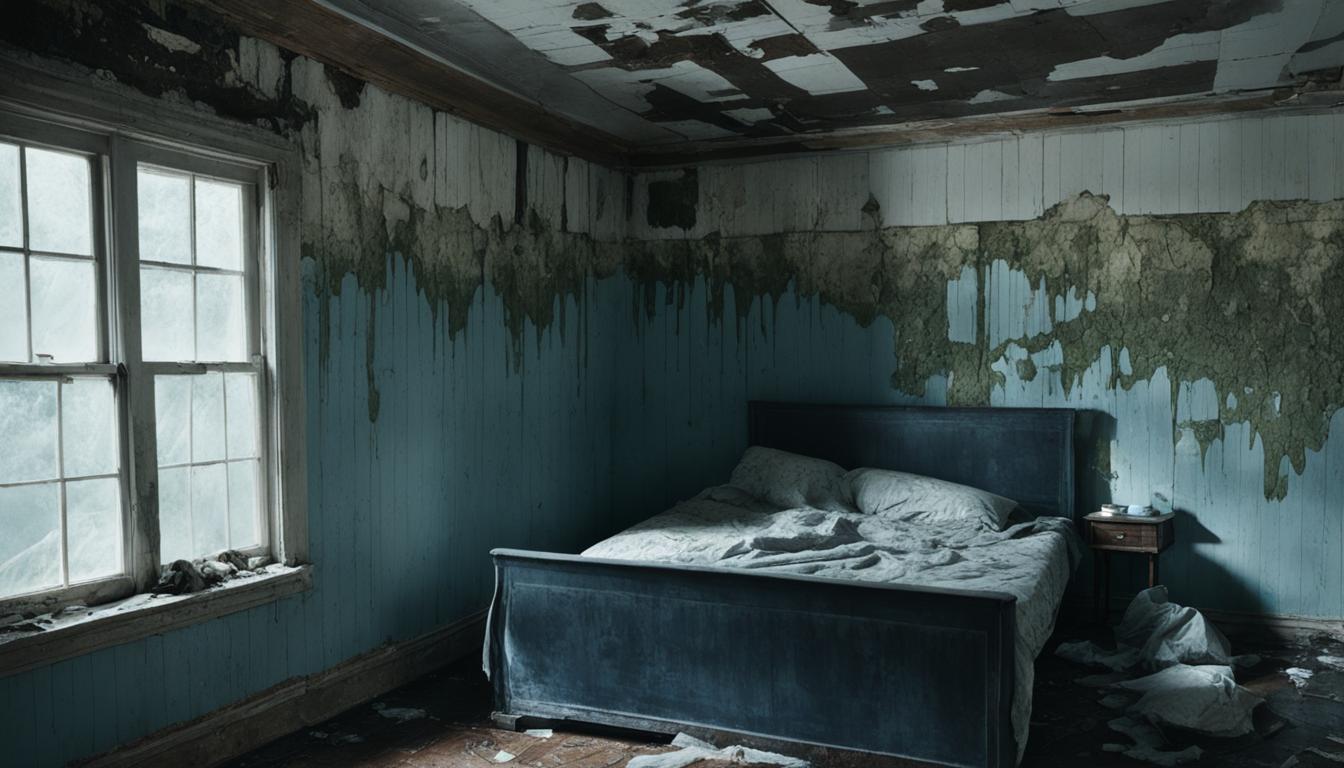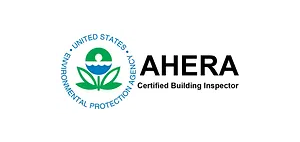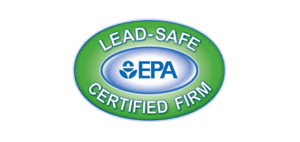Dealing with water damage in your house is a stressful situation that requires prompt action. Whether the water damage is caused by a flood, burst pipes, or a leaking roof, the risks associated with staying overnight in a water-damaged house cannot be overlooked. Before you settle down for the night, it is important to consider the potential health hazards and safety concerns that may arise from water damage.
Water damage can create an environment that promotes the growth of mold, bacteria, and allergens. Inhalation of mold and bacteria can cause respiratory problems, allergies, and infections, while exposure to allergens can trigger allergies and asthma attacks. Additionally, water-damaged houses can pose dangers related to electrical hazards and structural damage. Therefore, it is important to take precautions to ensure your safety and well-being.
Read on to find out about the health risks, safety concerns, and precautions you should take before sleeping in a water-damaged house.
Key Takeaways:
- Staying overnight in a water-damaged house poses potential health risks such as mold, bacteria, and allergens inhalation.
- Electrical hazards and structural damage are additional safety concerns when dealing with water damage.
- Conducting thorough inspections and seeking professional help are essential precautions to take before sleeping in a water-damaged house.
- Do not underestimate the risks associated with water damage. Prioritize your safety above all else.
Understanding the Health Risks of Water-Damaged Homes
Water damage in your home can pose several health hazards, including mold growth, bacteria, and allergens.
Mold is a common problem after water damage, and it can cause respiratory problems, allergies, and infections. The spores released by mold can be inhaled and have serious health implications for individuals who are exposed to it.
Bacteria, such as E. coli and Salmonella, can also grow in standing water, which can cause serious gastrointestinal illnesses in humans if ingested.
Allergens, such as dust mites, can thrive in a damp environment and cause respiratory irritation, asthma, and other related health problems.
You must take the health risks of water damage seriously, as they can be life-threatening, especially for children, the elderly, and individuals with compromised immune systems.
As seen in the image above, mold growth in a water-damaged area can pose severe health risks to individuals who are exposed to it.
Safety Concerns When Sleeping in a Water-Damaged House
Sleeping in a water-damaged house poses significant safety concerns that should not be ignored. Excessive water exposure can lead to electrical hazards, which are not only dangerous but potentially life-threatening. Wet electrical systems can cause fires, electric shocks, or explosions during their use; therefore, it is essential to steer clear of electrical appliances and devices that might have been affected by water damage.
Another significant safety concern when sleeping in such an environment is the potential structural damage that might compromise the integrity of the building. Water damage can weaken the foundation, walls, ceilings, and support beams, making them insufficient to bear their load. This can potentially result in the collapse of the entire structure, posing a severe threat to the inhabitants’ lives.
It is crucial to ensure that the building’s structure is sound and to avoid sleeping in areas that show signs of damage until they have been examined and repaired by a professional. Additionally, safety measures such as shut off electrical appliances and devices, wearing protective gear when moving through the damaged areas, and avoiding floodwater when possible, should be taken into account to minimize the risks.
Precautions to Take Before Sleeping in a Water-Damaged House
Before sleeping in a water-damaged house, it’s crucial to take certain precautions to ensure safety. Below are some practical measures you can follow:
- Conduct a thorough inspection: Before staying in a water-damaged house, inspect the premises carefully. Look for signs of water intrusion and damage to the walls, ceilings, and floors. Check for any electrical or structural issues that could pose a hazard to human health.
- Seek professional help: If you suspect that the water damage is extensive or the mold growth is severe, it’s advisable to seek professional help. Professional remediation services offer the expertise and equipment necessary to safely eliminate water damage and mold from your home while keeping you and your family healthy.
- Implement safety measures: If you decide to stay in a water-damaged house, ensure you have emergency supplies like flashlights and batteries, drinking water, and a first aid kit on hand. Wear protective gear such as gloves and masks to prevent exposure to mold, bacteria, and other harmful substances.
By taking these precautions, you can mitigate the risks associated with staying in a water-damaged house and ensure the safety of yourself and others.
Conclusion
In conclusion, it is vital to understand the potential health and safety risks of sleeping in a water-damaged house. Exposure to mold, bacteria, and allergens can lead to respiratory problems, allergies, and infections, while compromised structural integrity and electrical hazards pose significant dangers.
To prioritize safety, it is crucial to take precautions before sleeping in a water-damaged house. Conducting thorough inspections, seeking professional help, and implementing safety measures can mitigate risks. Remember to always prioritize your health and seek professional assistance when dealing with water damage to ensure safety and well-being.
FAQ
Is it safe to sleep in a water-damaged house?
It is not recommended to sleep in a water-damaged house due to the potential health risks involved.
What are the health risks associated with water-damaged homes?
Water-damaged homes can harbor mold, bacteria, and allergens, which can lead to respiratory problems, allergies, and infections.
What safety concerns should I be aware of when sleeping in a water-damaged house?
Electrical hazards and structural damage are key safety concerns when sleeping in a water-damaged house.
What precautions should I take before sleeping in a water-damaged house?
It is important to conduct thorough inspections, seek professional help, and implement safety measures before considering sleeping in a water-damaged house.






